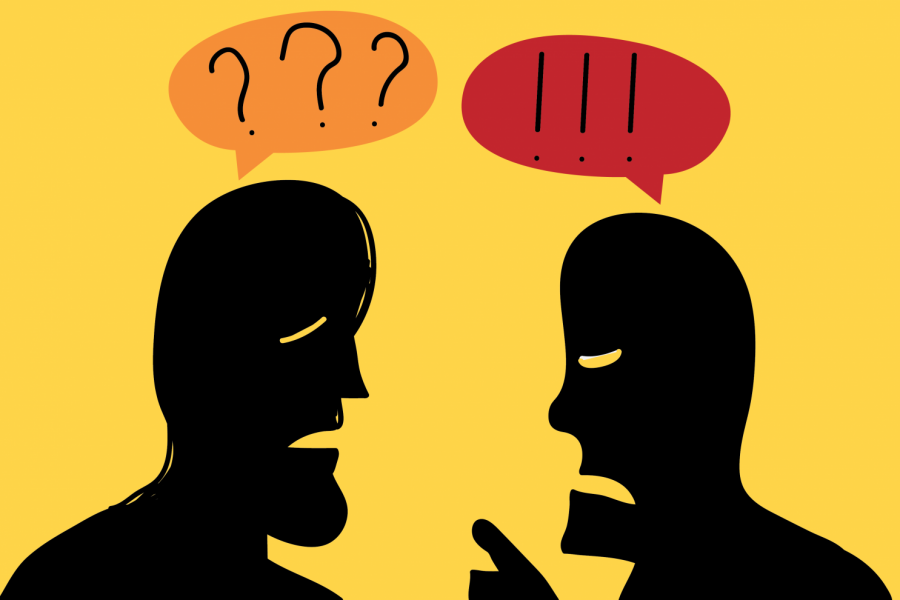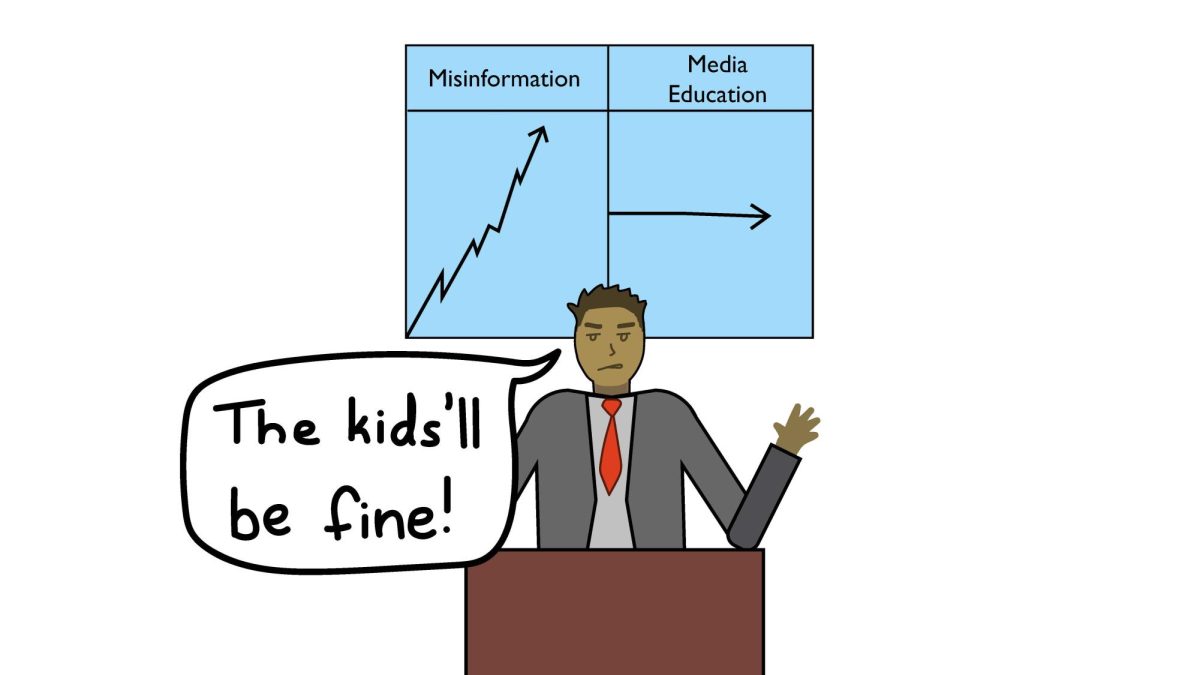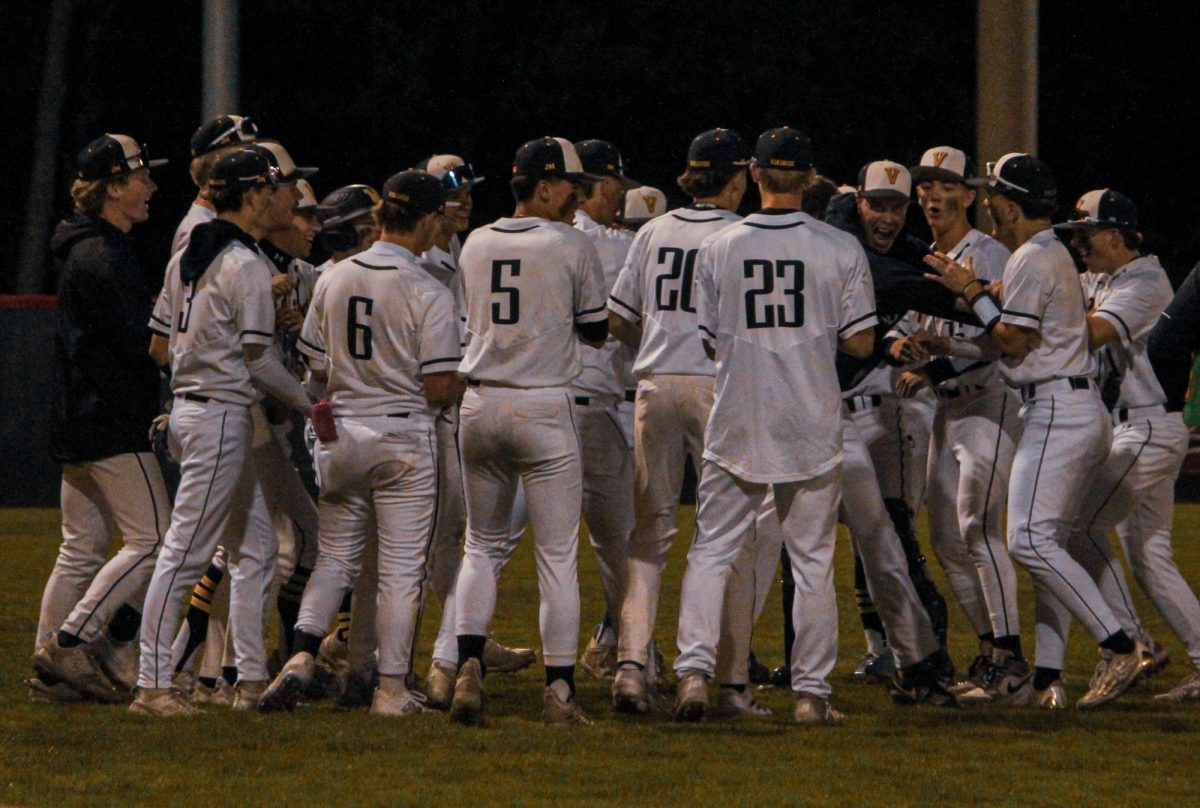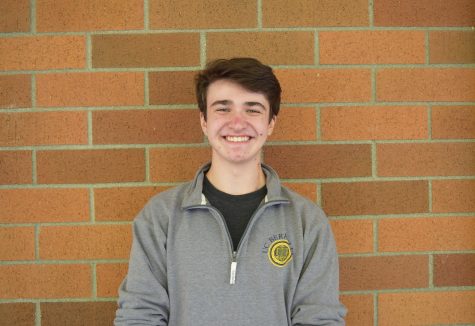Growing up, a lot of us hear variations of the same thing. Love they neighbor, treat others the way you want to be treated, etc. In whatever form, the message is clear — treat people around you with kindness and respect. In spite of that, in the United States there exists a culture of disagreement, competition and a sort of deterministic need to be right that makes the ideological divide in the U.S. grow wider.
During an argument or discussion or debate, people often attack their opponent on a personal level rather than on the stance they hold. This is called the ad hominem fallacy. That is largely what politics has become; one giant, law-writing, foreign policy-building ad hominem disaster that the people sometimes reflect.
That word, opponent, is probably the most significant in this discussion. Be it in Congress or at the dinner table, some people have become so immovable in their ways that even at the hint of competition, they become defensive, or even worse, offensive.
And that behavior is not going away. We here at school live in a redominantly liberal, white area that does not always see the world for all that it is. Conservatives at this school, on the basis of no more than their beliefs, are sometimes the butt of jokes and insults because those beliefs are seen as inferior or flat out wrong.
Many liberal in Seattle suburbs like Kenmore, Bothell and Woodinville exist in a sort of echo-chamber. An echo-chamber is, like the name suggests, where your ideas are simply echoed back to you because those around you have generally the same stance. It is not just local to liberals, either, the same could be said for suburbs of Houston or Jacksonville; anywhere your opinions won’t be checked by someone else is, effectively, an echo-chamber.
In some ways our tendency to resist new or opposing ideas comes as a direct result of echo-chambers just like the one we have at school. Political polarization brought on by those echo-chambers threatens constructive political discourse in this nation. Liberals have a lot to learn form the GOP, really anyone whose ideals do not strictly lean left, and so to do conservatives. Life tends to happen along the middle path, not on the right or the left.
This isn’t an issue that walks exclusively down party lines, though. Discussions about climate change, civil rights, music, even which brand of phone is best all bring out some of the worst behavior in people. If we can find a way to get combative over something as trivial as the piece of metal we talk into, it’s no wonder the political climate of the United States is so toxic.
Despite all this, though, humans are not only good at fighting one another. We, out of all the species of animals that walk the earth, have an incredible propensity for learning. Whether we know it or not, we are all of us learning from birth to death. But even then, we only learn when we are open to doing so.
From the ground up, the United States has been built on the belief that we are a melting pot. While that term originally referred just to the cultural makeup of America, it has gone on to mean so much more. America hosts in its borders people from countless political, ethnic, religious and philosophical backgrounds and that diversity empowers us.
The conflux of those ideas, the point where they meet and blend and shape one another is the point where the American dream lies. Without the chance to see and experience the world outside of our state’s or even our nation’s borders, we lose the chance both to grow as people and to help others do the same. In an age of such intense political, social and economic division, it is perhaps more poignant than ever to deal more kindly with one another and uplift the diversity of ideology that makes this country so great.

















